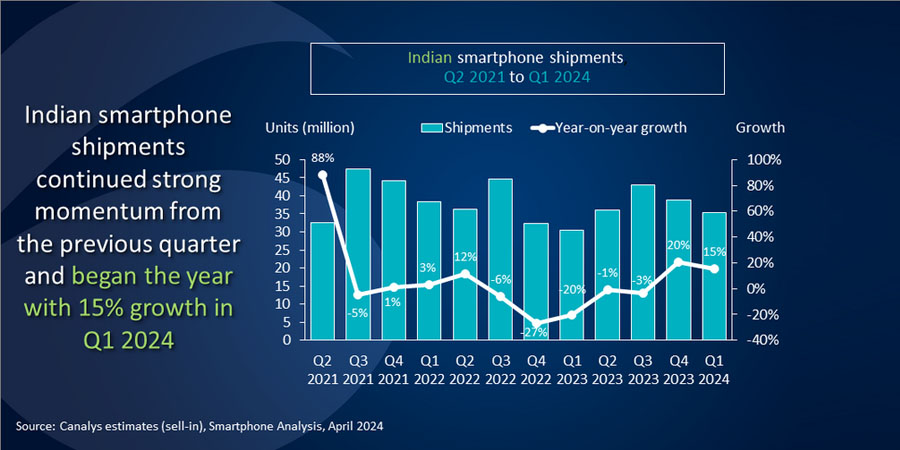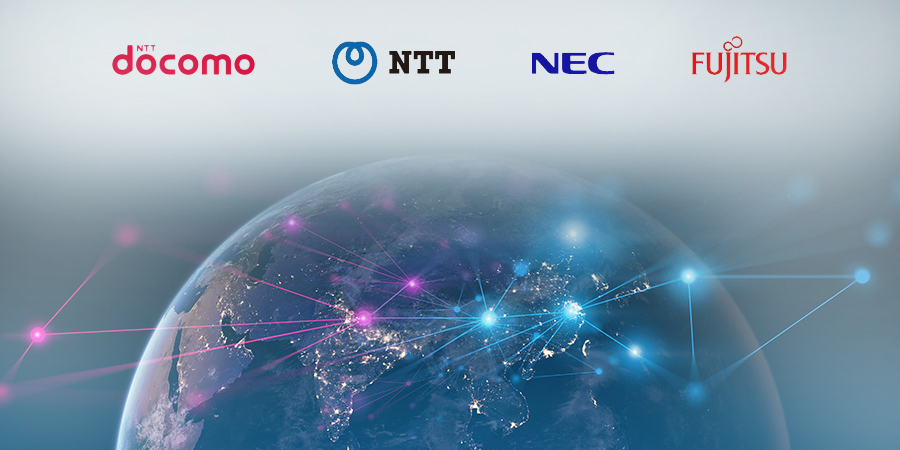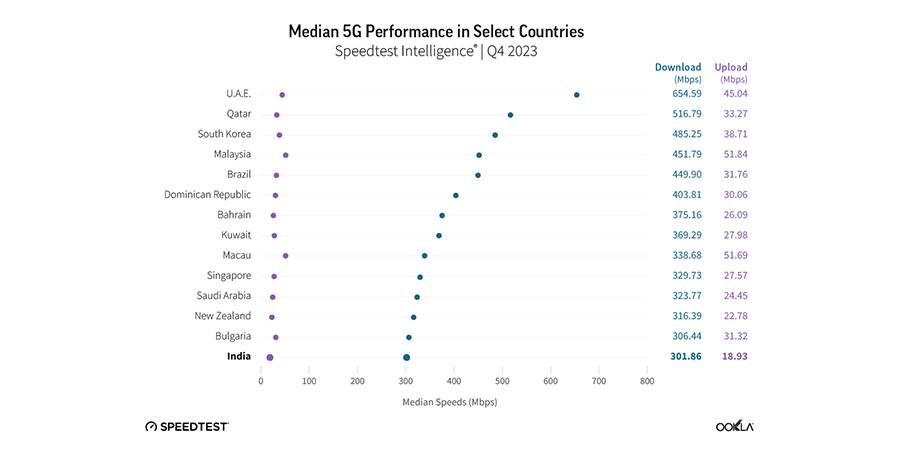The GSMA '” which represents 800 mobile operators and 300 companies in the mobile ecosystem '” has launched its inaugural Global Mobile Trends report, saying it shows Asia is now the growth engine of the mobile ecosystem.
It estimates that more than one billion additional people worldwide will be connected to mobile networks by 2020, and that a third of these will come from India 'underlining the country's increasing position as the world's most significant mobile growth market, overtaking China.'
China is forecast to add more than 200 million subscribers and the report says there will also be major net subscriber contributions from Indonesia, Pakistan, Bangladesh and Myanmar. In total these six Asian markets will account for approximately 60 percent of the 1.1 billion new subscribers added globally by the end of the decade.
The GSMA says new mobile subscribers are more likely to be younger and are also more likely to be '˜mobile-first' or '˜mobile-only' Internet users. 'Today 46 percent of the global population is using mobile phones to access the Internet, a figure forecast to increase to 60 per cent by 2020. As there will only be a minimal increase in the number of fixed Internet households over this period, the increase in mobile phone ownership will therefore be the key factor driving global Internet penetration.'
The GSMA says the increasing availability and affordability of 3G/4G devices and networks is also contributing to this phenomenon. The study indicates that smartphones may now be the most commonly owned consumer electronics device. Smartphone penetration in the UK now stands at 71 percent of mobile connections, at 75 percent in the US, and above 80 percent in some Asian markets such as South Korea and Singapore.
Revenue from mobile services worldwide is forecast to grow by around two percent annually through to 2020. The GSMA says organic revenue growth is slowing in line with slowing subscriber growth, but is being offset by new revenue opportunities resulting from rising mobile Internet adoption and the move to higher-speed networks.
It projects annual revenue from voice, SMS and mobile data combined to surpass $1.5 trillion by 2020. However, as a proportion of overall mobile ecosystem revenue, the contribution from these services will fall from 41 percent today to 38 percent by 2025. By contrast, revenue from content services such as Netflix and Spotify will increase from three percent of ecosystem revenue today to 17 percent by 2025.
The GSMA says it plans to publish this report annually to provide insights on the mobile ecosystem that will help the industry identify future areas of growth and innovation. The report is available as a free download via: www.gsma.com/globalmobiletrends
















































